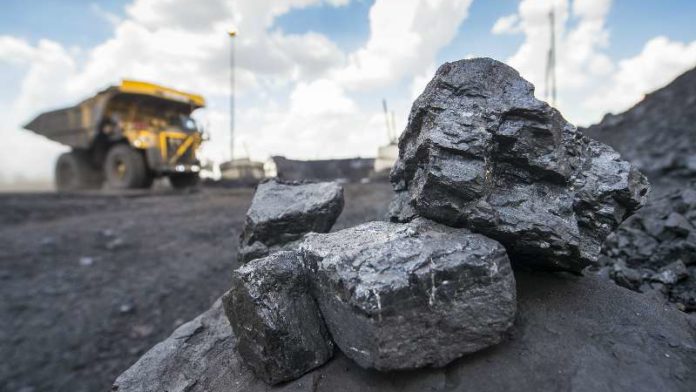
DEVELOPING coal juniors in Botswana look likely to take domestic business from South African coal companies in the short term and could also start exporting coal through Richards Bay by 2023 or 2024.
The reasons for this include lower operating costs in Botswana; lower transport costs to key customers such as the cement producers in North West Province because of the closer proximity of the Botswana collieries, and a more understanding and supportive attitude from the Botswanan government than that shown by the South African government.
All this emerged from presentations to the 2021 Coal Industry Day held in Johannesburg on July 27.
According to coal industry analyst Xavier Prevost, the Botswana coal mines will be able to transport and sell coal more cheaply to cement producers and some other customers than South African coal producers. “I am more involved in Botswana than South Africa at the moment,” he said.
Asked by conference chairman, Bernard Swanepoel to spell out the reasons for this assessment Prevost replied: “Politics. The Botswana government has made a policy to support and assist the country’s mining industry.
“That makes a big difference. There are no impediments to opening a mine. You can do it straight away. Many of my clients will testify to that. It’s amazing how much it benefits the industry to have government fully behind it. That’s what we need in South Africa.”
Prevost said many “sizeable” South African mines were not able to operate profitably because they were still trying to recover from the impact of last year’s lockdowns caused by the Covid-19 pandemic.
“When they re-opened they could not sell any more coal. Eskom was not buying coal at the same rate that it used to. The juniors are over-exposed to Eskom and many are struggling now because of that.”
Funding
Morne du Plessis, CEO of Botswana-listed Minergy Coal which operates the Masama coal mine north of Gaborone, said the Botswana government greatly assisted the company in finding funding to keep it going last year when “all the traditional avenues were closed”.
“We had to resort to debt, but normal debt was not available because we were coal – and never mind coal – we were a start-up business. So we are very grateful to the Botswana government for recognising that coal is a strategic resource.
“Financial institutions linked to the government – development corporations and the like – opened their doors to us. It was very difficult because open cast coal mining in Botswana is new and they had to get their heads around it.
“But when you have people around the table that have the right intent and see the bigger picture then you can work through the long processes. That partnership saved our bacon.”
Du Plessis added that Minergy was short-listed to supply coal to Eskom’s Tutuka power station and was looking at the opportunity to get into the export markets as well.
“The Botswana government wants to support and develop the coal sector so the Mmamabula – Lephalale rail link is very important and it is going to be built, probably in 2023 or 2024.”
Once in place that link will allow coal from Botswana’s mines to be railed via Lephalale – where Exxaro Resources loads out its export coal from the Grootegeluk colliery – and then to Richards Bay connecting to the main export coal line at Ermelo.











